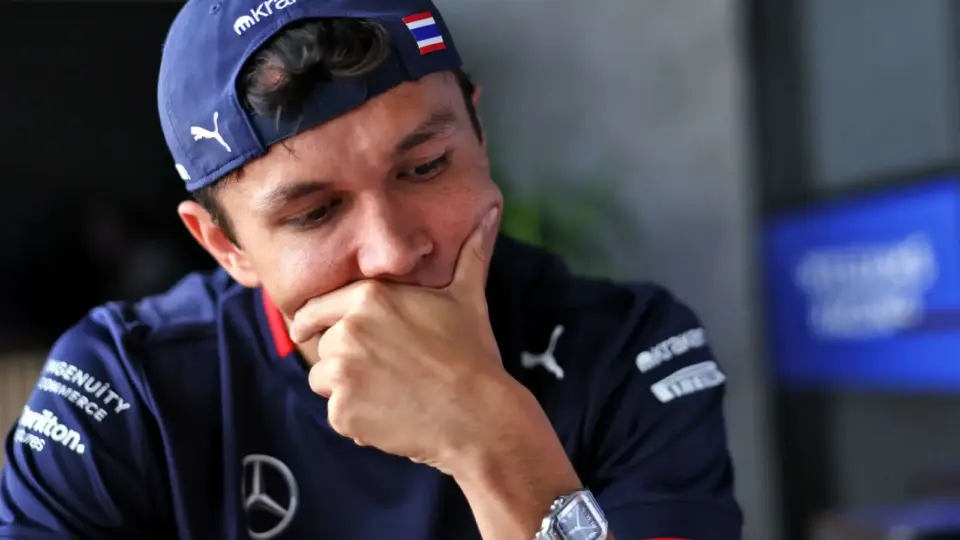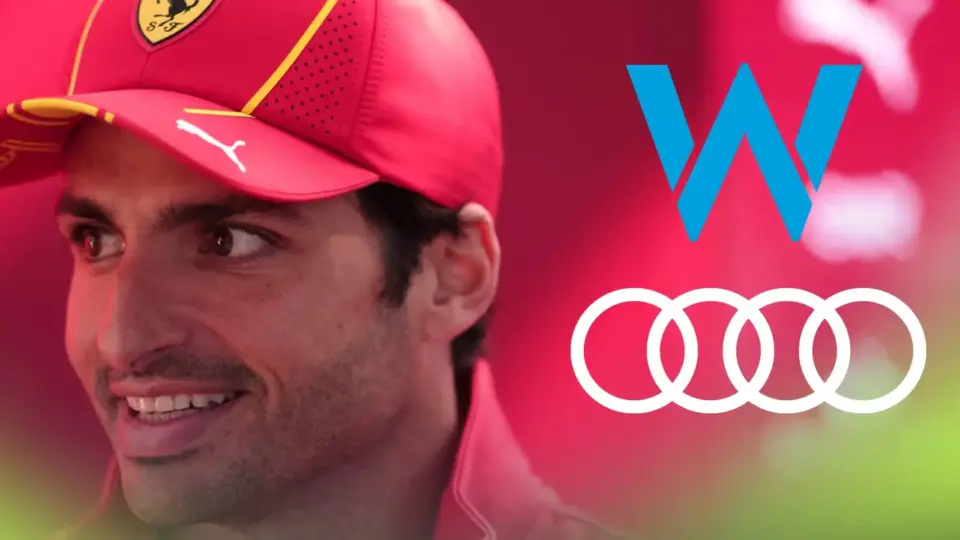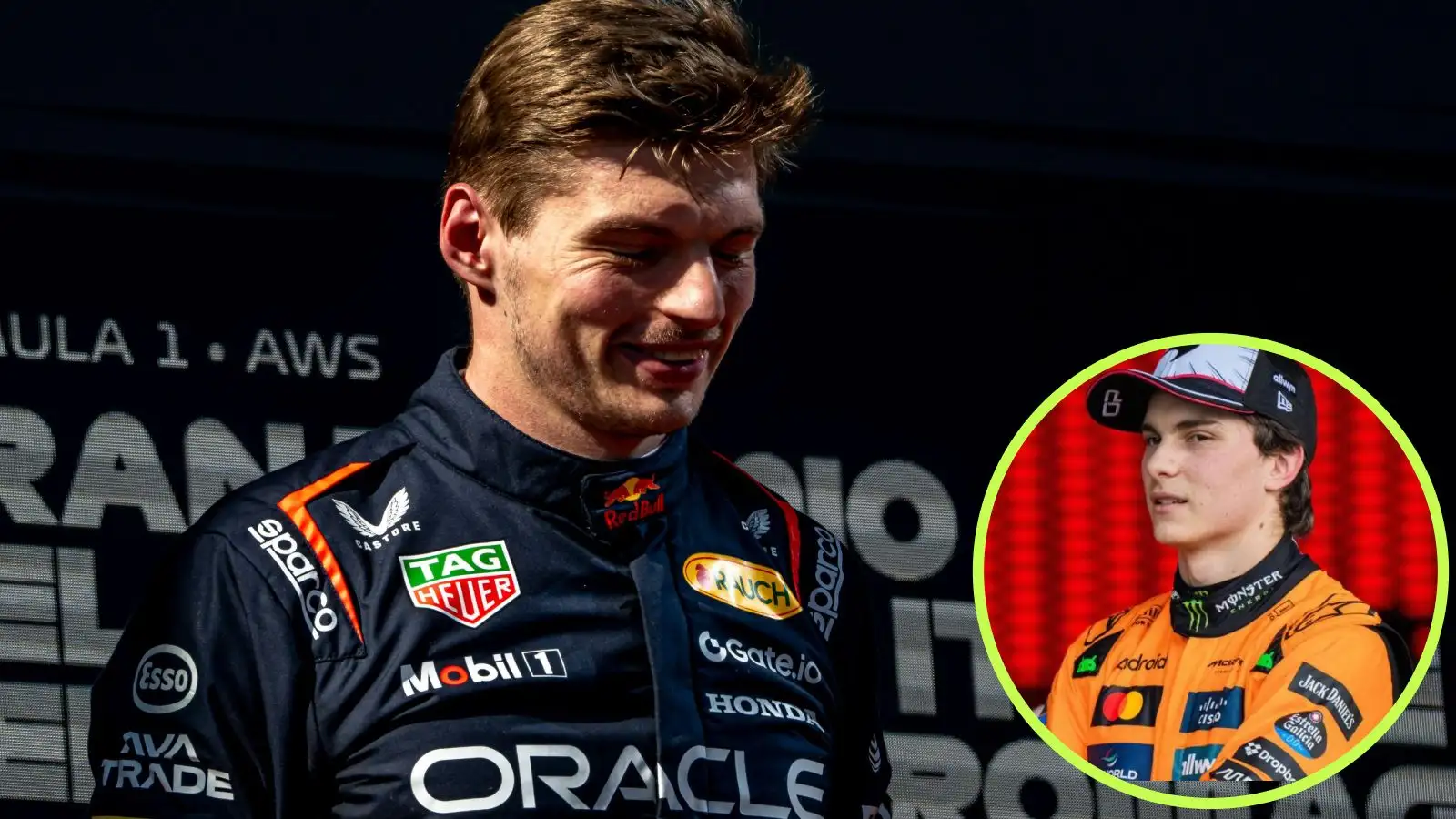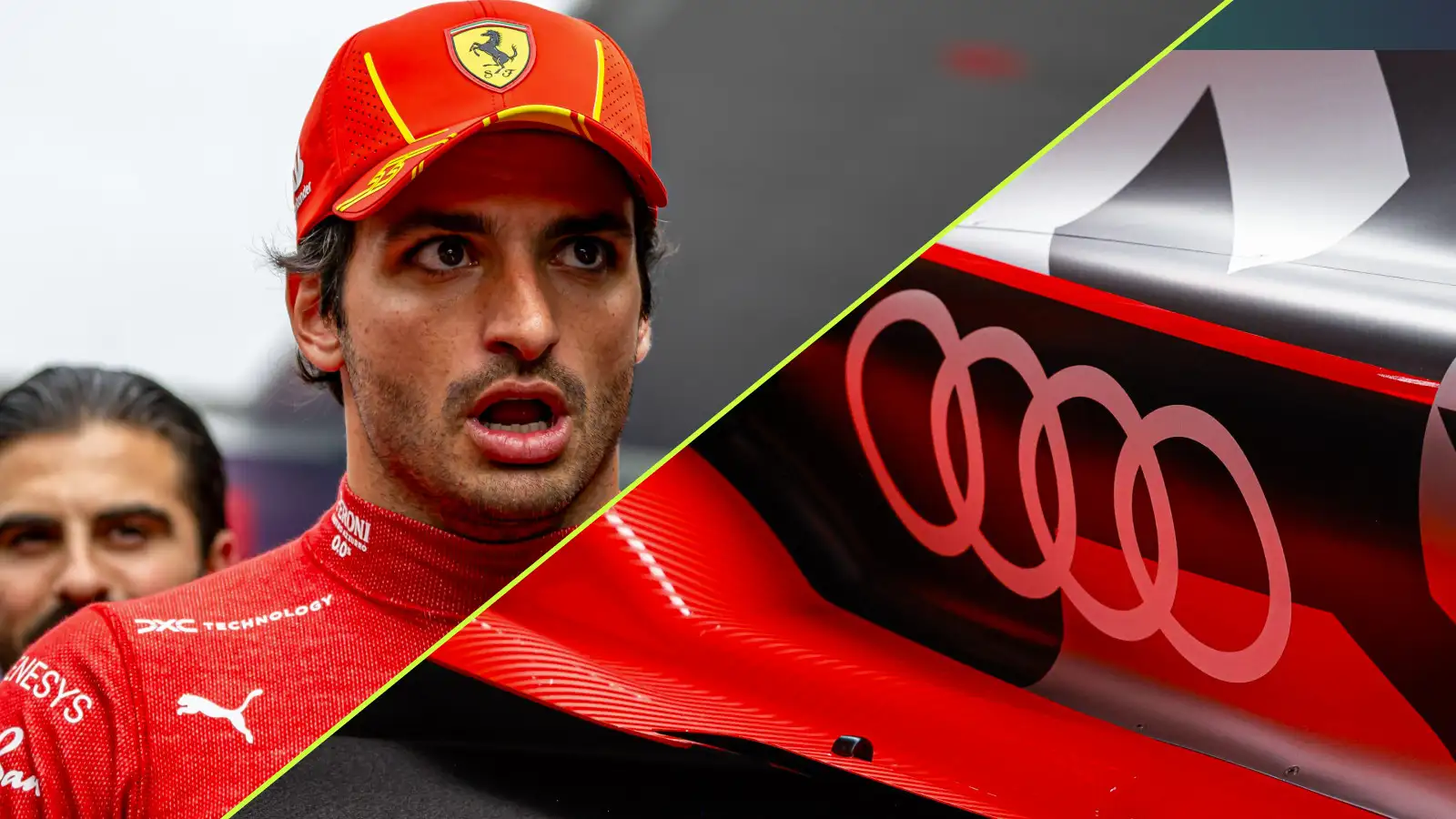Juan Pablo Montoya has waded into the discussion about the contrasting team strategies of Mercedes and Red Bull, particularly focusing on their handling of driver hierarchies. He highlights that while Mercedes had a dominant run, they maintained a sense of competition that engaged fans, unlike Red Bull’s clear pecking order that sees Max Verstappen as the unequivocal lead.
Montoya reflects on the era when Mercedes reigned supreme in Formula 1, capturing seven consecutive doubles from 2014 to 2020. During this time, Lewis Hamilton clinched six Drivers’ Championship titles, yet the team ensured a competitive environment between both cars. Montoya argues that this approach kept fans on their toes, as there was no designated number one driver. Instead, races often featured battles and drama between Mercedes teammates.
In stark contrast, Red Bull’s current strategy positions Max Verstappen as the leading driver, with Sergio Perez trailing. Even with the best car on the grid, Perez has only managed a series of second-place finishes, failing to match Verstappen’s impressive record of six wins this season. Montoya suggests that this clear hierarchy might lead to a more streamlined operation internally at Red Bull, but it doesn’t offer the same level of excitement for fans craving real competition on the track.
Montoya dismisses the notion that drivers like Nico Rosberg and Valtteri Bottas lost their racing prowess when they were no longer with Mercedes. Rosberg even claimed a World Championship alongside Hamilton, demonstrating that Mercedes’ strategy allowed their drivers an equal shot at glory. According to Montoya, Red Bull’s approach is more about securing victories for Verstappen, which might not necessarily foster the intense title battles that enthrall audiences.
The essence of Formula 1, as Montoya sees it, lies in the competition—the head-to-head battles that define the sport. He calls attention to the fact that Mercedes managed to keep their racing dynamic alive, opening up opportunities for genuine rivalries and unexpected turns. This, he suggests, is what might be lacking in Red Bull’s current setup, which seems to prioritize order and predictability over unpredictability and rivalry.
In his analysis, Montoya underscores the importance of having no clear hierarchy within a team to keep the competition vibrant and exciting. As Red Bull continues to dominate with Verstappen, fans might look back fondly on the days when Mercedes’ approach allowed for more thrilling showdowns on the track.










